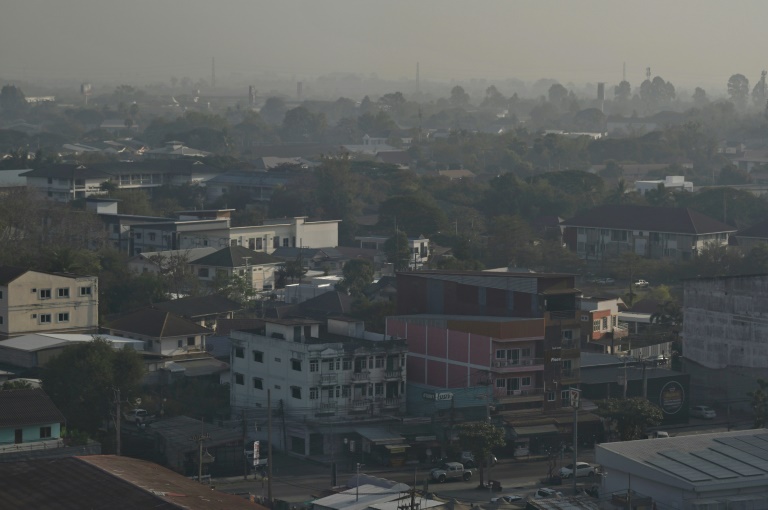How Thailand’s Coffee Culture Adapts Amid Economic Squeeze
Amid rising costs and economic challenges, Thai coffee lovers are shifting their habits, ditching pricey cups in favour of more affordable options. Despite the hurdles, Thailand’s café culture remains resilient, with businesses adapting to meet changing consumer preferences.
Coffee Spending Trends in Thailand
The Decline of Premium Coffee Purchases
With coffee prices soaring past 100 baht per cup, many consumers are reconsidering their caffeine budgets. According to Korn Sanguankeaw, Vice President of the Specialty Coffee Association of Thailand, there has been a 60% to 100% growth in cafés offering brews priced between 60 and 80 baht.
“Consumers still indulge on special occasions,” Korn noted, but the shift toward affordability is undeniable.
Delivery Data Reflects Changing Preferences
Data from Grab’s delivery platform reveals a significant drop in spending per coffee order, from an average of 250 baht to 100-150 baht, showcasing the impact of tightened budgets.
Rising Costs Challenge the Coffee Industry
Global Coffee Prices on the Rise
The industry is grappling with a 74.3% increase in global coffee bean prices, fueled by:
- Climate change affecting crop yields.
- A staggering 90% import tax combined with a 7% VAT.
- Rising transportation costs.
Imported coffee beans now cost around 200 baht per kilogramme, making it harder for café owners to maintain profitability.
Local Coffee Production Falls Short
Thailand’s local coffee production cannot meet growing demand, leaving café operators heavily reliant on imports. This dependency exacerbates the impact of rising global prices and high import taxes.
Adapting to Consumer Preferences
Diversification in Offerings
To attract cost-conscious customers, cafés are expanding their menus to include alternatives like:
- Smoothies
- Dubai chocolate drinks
This diversification helps maintain customer traffic despite the economic downturn.
The Resilience of Thailand’s Café Scene
While many consumers are scaling back, the café culture remains a cornerstone of Thai social life. Operators are finding innovative ways to keep their businesses afloat, even as they face steep challenges.
Calls for Policy Reform
Korn Sanguankeaw stressed the urgent need for policy changes, particularly a reduction in the 90% import tax on coffee beans. Without such measures, many café operators risk losing profitability, threatening the long-term viability of Thailand’s thriving coffee scene.
Brewing a Balanced Future
The Thai coffee industry is at a crossroads. Consumers are adjusting their habits, and café owners are innovating to adapt. However, addressing the root causes of high costs—through policy reforms and improved local production—remains essential to sustaining the industry.
Ref – Thaiger









